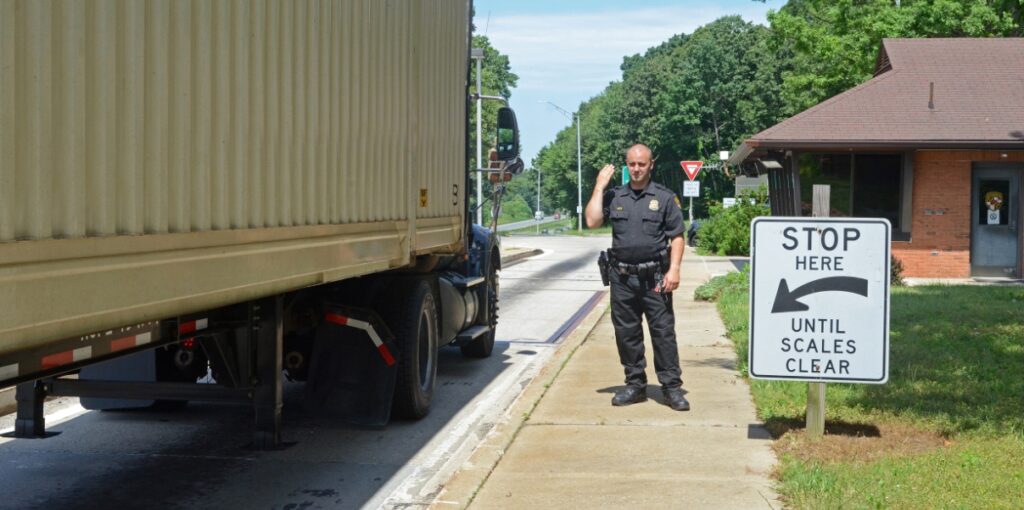With the electronic logging device (ELD) mandate just one month away (Dec. 18), freight brokers may be wondering how they will know if a carrier is ELD compliant.
For example, could a broker see if a carrier is ELD compliant by looking at the FMCSA’s Safety and Fitness Electronic Records (SAFER) system website?
The answer is no, because the ELD mandate is just one of hundreds of regulations governing carriers, and ELD compliance will not be specifically called out by FMCSA. However, there are options available to brokers for adding language to their written contracts with carriers that can help them when they’re being pressed by a shipper to use only ELD-compliant carriers.
What Can Brokers Do?
The Transportation Intermediaries Association (TIA) addressed the ELD mandate in a recent member newsletter. TIA says the best course of action is simply to have a good broker/carrier agreement that states that the carrier will comply with all state and federal regulations.
TIA’s newsletter linked to a white paper called ELD Considerations for Brokers, written by Nathaniel Saylor, a partner in the Scopelitis law firm, which specializes in transportation law. He writes:
With the approach of the ELD mandate, some shippers are requesting that their brokers confirm that the broker’s carriers are in compliance. Assuming the broker requires all carriers to sign a broker/carrier agreement, most such agreements will include language requiring the carrier to comply with any and all applicable laws and regulations. The broker can explain to the customer that the ELD requirement is not a new requirement, but rather, a means of documenting compliance with longstanding regulations, and that the broker requires the carrier to agree to abide by all applicable laws.
Responding to Shippers
I talked to Saylor and asked him how a broker should respond if a shipper is not satisfied with the above response, and wants a guarantee that the broker’s carriers are compliant.
First, he cautions that brokers should never simply guarantee that the carriers they use are in compliance. Instead, he suggests that if the carrier is indeed compliant, that the broker can have the carrier “agree” to comply. Such an agreement could take many forms.
“A broker could, for example, add language that says that by accepting this load, the carrier agrees that it will use an ELD-compliant truck,” Saylor said. “That way, the broker is not making a guarantee to the shipper, but is nevertheless obtaining the carrier’s implied agreement to comply.”
Broker/Carrier Contract Available for Download
TIA has a free broker/carrier model contract that can be downloaded from the Members Only section of its website. Not a member? Learn about the many benefits of being a TIA member.
The information contained in this article should not be relied on as legal advice. If you would like legal advice, you can contact Nathaniel Saylor through the Scopelitis website or call him at (435) 315-3947.
Related Content


